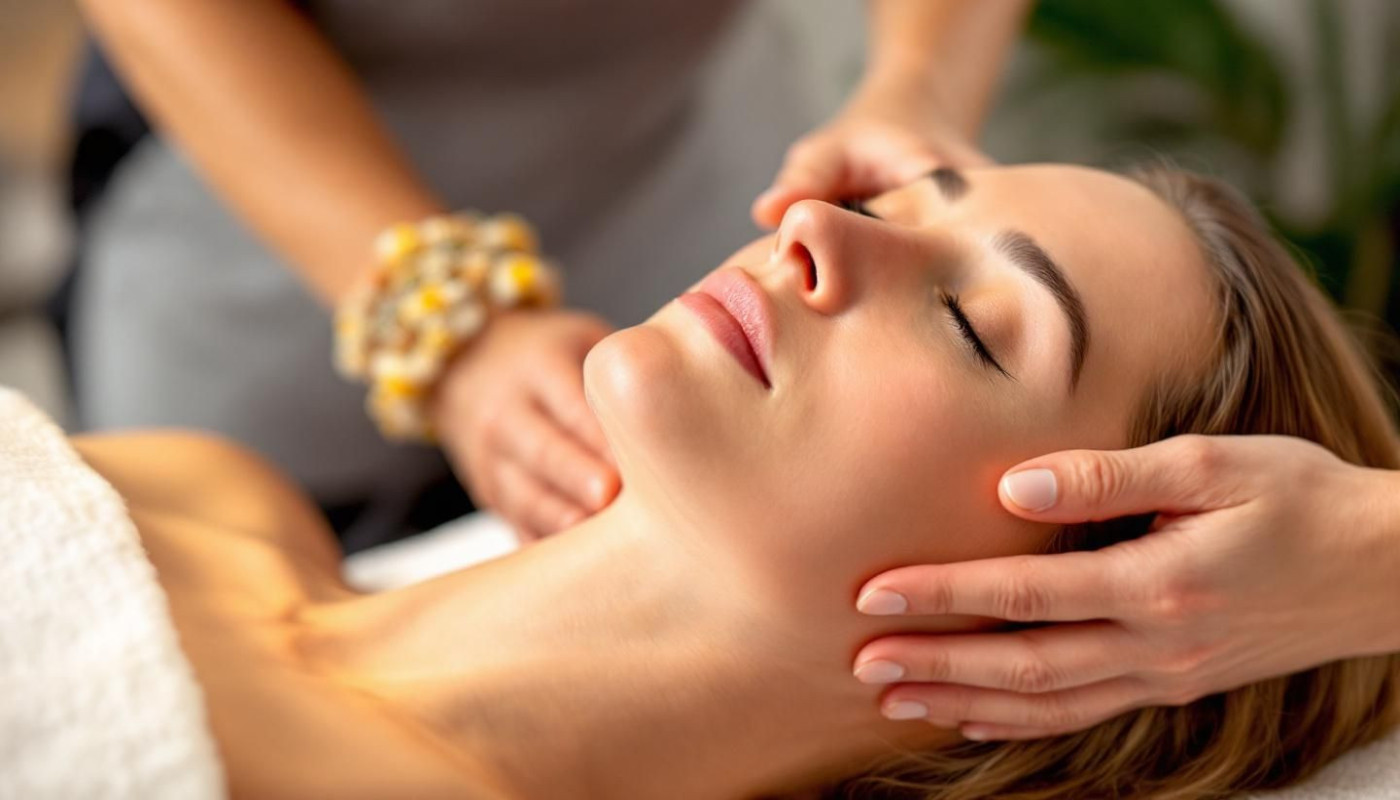Table of contents
The realm of alternative medicine is a vast and intricate tapestry, woven with a multitude of therapies that promise healing and well-being beyond the scope of conventional approaches. Among these, bioresonance therapy emerges as a particularly intriguing thread, offering a unique perspective on health and the human body’s capacity for self-regulation. As medical paradigms shift and individuals seek complementary treatments, bioresonance has garnered attention for its non-invasive technique and the potential to harmonize the body's energy fields. This deep dive into the role of bioresonance in contemporary alternative medicine practices seeks to illuminate the science and philosophy underpinning this method, explore its applications, and critically assess its efficacy. Readers are invited to journey through an exploration of bioresonance’s place in modern healthcare, its mechanisms, patient experiences, and the ongoing debate surrounding its validity. Engage with this comprehensive guide to understand why bioresonance continues to spark curiosity and conversation in the world of holistic health.
Unraveling the Mystery of Bioresonance
Bioresonance therapy, a practice nested within the realm of alternative medicine, posits a novel approach to healing by addressing the body's energy field. Proponents of this methodology claim that by correcting imbalances in this field, one can influence the body's self-regulatory mechanisms. Central to bioresonance therapy is the utilization of electromagnetic waves. This technology, often referred to as electromagnetic biofeedback, aims to detect and then normalize the varying frequencies emitted by cells and organs that are out of equilibrium. The roots of bioresonance can be traced back to the late 20th century when it emerged as a therapeutic vanguard seeking to bridge the gap between conventional medical wisdom and a holistic understanding of bodily health. Despite the skepticism of mainstream medical professionals, bioresonance continues to be implemented in various alternative medicine practices, with patients attesting to its efficacy in managing a spectrum of ailments.
Investigating the Applications of Bioresonance
Bioresonance is a type of therapy offered in the realm of alternative medicine, which practitioners claim can diagnose and treat a variety of health conditions. Among the range of ailments, allergies are frequently cited as a primary concern that bioresonance seeks to address. By purportedly identifying and counteracting the body's reaction to allergens, this therapy is presented as a non-invasive way to alleviate allergic responses. Pain management is another area where bioresonance is utilized, with practitioners suggesting that it can help soothe chronic pain by rebalancing the body's energetic fields. Additionally, smoking cessation programs often incorporate bioresonance, proposing that it assists in reducing nicotine cravings and detoxifying the body from the effects of tobacco. Each bioresonance session is highly personalized, with treatments tailored to the individual's unique energetic profile. Personalized biofeedback protocols are integral to the process, as they are designed to specifically target the patient's health issues, aspiring to restore balance and well-being in a customized manner.
Evaluating the Evidence: Bioresonance's Efficacy
The legitimacy of alternative medical practices often hinges on scientific validation. In the case of bioresonance, a modality posited to adjust the body’s energy patterns for better health, evidence is the linchpin for broader acceptance. Proponents point to anecdotal evidence and some studies that suggest bioresonance can be beneficial for various conditions. Yet, the medical skepticism surrounding bioresonance remains palpable; many in the mainstream medical community dismiss it due to a lack of substantial, peer-reviewed research demonstrating its efficacy. Evidence-based medicine demands rigorous testing and reproducible results, which are currently limited in the realm of bioresonance. While individual success stories may be compelling, they do not equate to the scientific evidence required to verify a medical practice's effectiveness. To bridge the gap between anecdotal accounts and scientific recognition, the call for more well-designed studies is clear. In the pursuit of such evidence, experts in the field, such as Tatiana Slezak, play a pivotal role in investigating the intricacies of bioresonance and contributing to its potential validation within the scope of evidence-based medicine.
Bioresonance and the Patient Experience
In the realm of alternative medicine, patient-reported outcomes offer invaluable insights into the efficacy of treatments like bioresonance therapy. Examining testimonials and case studies, one finds a spectrum of reported outcomes, with individuals recounting both improvements in health and instances where the therapy did not meet their expectations. A key element in evaluating such therapies lies in understanding patient satisfaction, which hinges not only on the actual health benefits received but also on the perceived quality of care and attentiveness of the practitioners. With bioresonance therapy, as with many alternative treatments, the placebo effect warrants consideration. The belief in the efficacy of a treatment can significantly influence an individual's experience, often manifesting in reported health benefits. This psychological phenomenon plays an intricate role in patient satisfaction and underscores the need for a nuanced analysis of bioresonance's effectiveness. By dissecting patient experiences and outcomes, one can glean valuable information on the potential benefits and limitations of bioresonance within the diverse tapestry of contemporary alternative medicine practices.
The Future of Bioresonance in Holistic Health Care
The landscape of holistic health care is continuously evolving, and bioresonance is poised to play a pivotal role in this transformation. Technological innovation stands at the forefront of bioresonance advancements, promising enhanced precision and greater customization of treatments. As bioresonance therapy matures, it may see increased integration with both alternative and conventional medical practices, leading to a more comprehensive approach to health care known as integrative medicine. This potential synergy holds the promise of delivering personalized therapeutic experiences that are tailored to the individual needs of patients. Nonetheless, this path is not without its challenges. Gaining wider acceptance within the medical community and demonstrating efficacy through rigorous scientific studies are significant hurdles that bioresonance must overcome to secure its place within mainstream holistic health care. The road ahead is filled with opportunities for bioresonance to establish itself as a validated therapy, contributing to the holistic well-being of individuals seeking alternative healing modalities.
Similar articles










